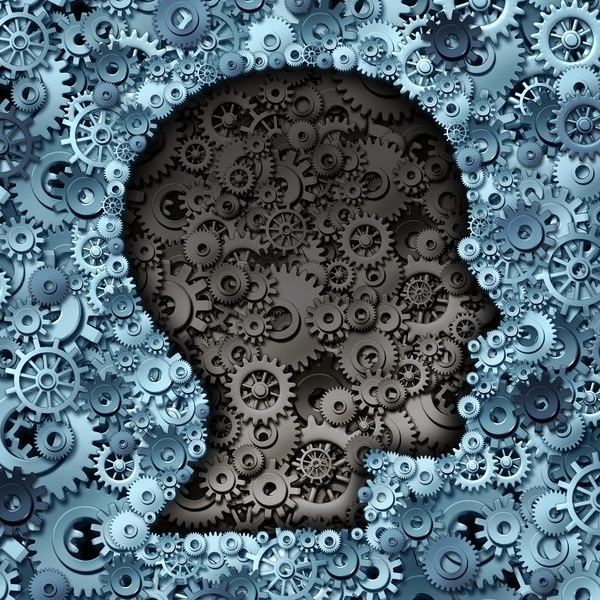
Technology without humanity is just noise
By Tom McQueen, APJ Market Lead, Cognizant
The Artificial Intelligence (AI) boom is relentless with faster algorithms, sharper automation, and data-driven everything. Yet, in the rush to innovate, discussions often overlook the most important part of any technological shift which is the people it is meant to serve.
In my experience, discussions around digital transformation, in Australia and beyond, tend to focus on speed, efficiency, and bottom-line growth. While these priorities matter, they don’t really tell the whole story as after all, the real measure of AI’s success is whether these advancements improve the lives of customers, employees, and communities.
Technology should work for people, not the other way around
At its core, technology is a tool and one that should make life easier, not more complicated. But too often, businesses roll out new digital solutions with little thought for how people will actually experience them. To name a few, AI-powered chatbots that frustrate customers instead of helping them, workplace automation that increases employee burnout instead of reducing it, data collection that erodes trust rather than enhancing security – these are all symptoms of a tech-first, human-second approach. This misalignment is risky, especially as AI adoption accelerates. By 2030, AI-friendly consumers will be responsible for up to 55% of consumer purchasing activity, according to a recent report we conducted.
The move towards AI-driven digital identities is a prime example. As the shift towards Web3 and decentralised systems accelerates, there’s an opportunity to restore trust in digital interactions by giving individuals greater control over their data. If implemented correctly, this could mean fewer breaches, less fraud, and a more transparent online experience. But if businesses rush into it without prioritising user trust and accessibility, it could become yet another layer of complexity that alienates people rather than empowering them.
Similarly, AI-powered analytics offer businesses deep insights into customer behaviour, but insights alone aren’t enough. What matters is how businesses act on them. If AI is used to nudge consumers toward spending more, rather than delivering services that genuinely improve their lives, companies will miss the opportunity to build lasting relationships. Trust is hard-won and easily lost, and in a digital world overflowing with options, customers will choose brands that demonstrate they understand and respect them, not just their purchasing habits.
The workplace isn’t immune to the human-tech divide
The conversation around AI and automation often focuses on external customers, but its impact within organisations is just as critical. With hybrid work and shifting employee expectations, businesses must rethink how they use technology to support and not undermine their workforce.
Automating repetitive tasks can free employees to focus on more meaningful work, improving both job satisfaction and productivity. AI-driven tools can help predict burnout and workload imbalances, allowing organisations to take proactive steps to support employees. When applied thoughtfully, automation and AI can create a work environment that fosters creativity, problem-solving, and deeper engagement.
The challenge is about ensuring that technology is deployed in ways that align with human needs. Organisations that prioritise transparency, ethical governance, and responsible AI deployment will create workplaces where employees feel supported rather than scrutinised. This could look like implementing clear accountability structures for AI-driven decisions, removing black-box algorithms that make critical choices without human oversight, and ensuring that automation is used to enhance – not replace – the human elements of leadership, collaboration, and creativity.
The future belongs to human-centric innovators
In the years to come, businesses that embed human-first thinking into their digital strategies will be the ones that thrive. The organisations that succeed will be those that ask not just what technology can do, but why it matters.
For too long, the tech industry often talks about the next big innovation, but the real breakthrough will come when businesses stop thinking of AI and automation as technology for the sake of technology and start using them to create a more human, ethical, and connected world. Because at the end of the day, the future of technology isn’t about machines, it’s about people.

